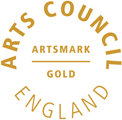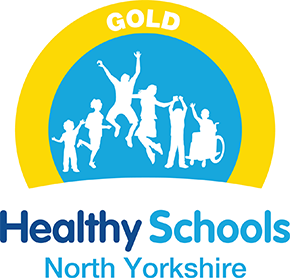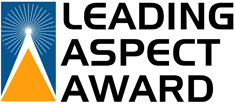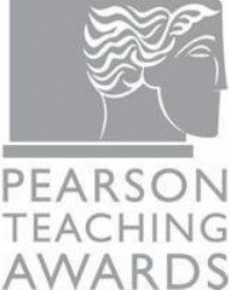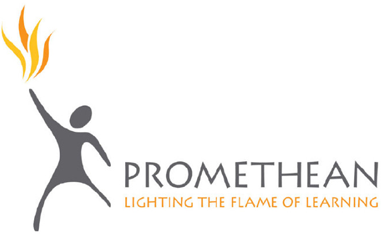LITERACY AT SELBY HIGH SCHOOL
SCIENCE - RECOMMENDED READING
The following books will ignite your imagination and help develop your passion for Science.
Beetles for breakfast … and other weird and wonderful ways to save the planet
By Madeleine Finlay
We all know the effects that climate change is having on our planet – but what about the strange, and creative ways that scientists are working to find practical and imaginative answers to these big problems? Following a day in the life of a young person, we see how new green inventions could fit into everyday life, from brushing your teeth with biodegradable algae, to eating beetle burgers for lunch and coming home to do your homework with a pen with ink made from exhaust fumes.
Before the world was ready: Stories of daring genius in science
By Claire Eamer
In this thought-provoking book, you’ll find out what happened when people weren’t ready to listen to innovators who came up with revolutionary ideas. Discover how Alfred Wegener struggled to convince geologists that the ground beneath our feet is moving, why “mad scientist” Nikola Tesla’s futuristic ideas about electricity were dismissed, why Charles Darwin delayed publishing his controversial theory of evolution for decades, and how Charles Babbage and Ada Lovelace nearly invented the first computer in the 1800s.
Batman science: The real-world science behind Batman’s gear
By Tammy Enz and Agnieszka Biskup
Batman conquers crime with brains, brawn, and a whole lot of high-tech gadgetry. Batman Science explores the surprising ways the Caped Crusader’s gear and gadgets actually connect to reality.
Thing explainer: complicated stuff in simple words → have read this, explains in simple terms, recommend it LDU
By Randall Munroe
In Thing Explainer, Randall Munroe explains things using only drawings and a vocabulary of just our 1,000 (or the ten hundred) most common words. Many of the things we use every day - like our food-heating radio boxes ('microwaves'), our very tall roads ('bridges'), and our computer rooms ('datacentres') - are strange to us. So are the other worlds around our sun (the solar system), the big flat rocks we live on (tectonic plates), and even the stuff inside us (cells). Where do these things come from? How do they work? What do they look like if you open them up? And what would happen if we heated them up, cooled them down, pointed them in a different direction, or pressed this button?
Human universe
By Brian Cox and Andrew Cohen
Human Universe tackles some of the greatest questions that humans have asked to try and understand the very nature of ourselves and the Universe in which we live. Through the endless leaps of human minds, it explores the extraordinary depth of our knowledge today and where our curiosity may lead us in the future.
Bad Science
By Ben Goldacre
Explains how science is misrepresented by various people as a way to rip others off or take advantage of their ignorance. The chapter on moisturiser is absolutely fascinating.
What If?
By Randall Munroe
A book about completely ridiculous ideas taken absolutely seriously. For example: what would happen if everyone on Earth stood in the same location and jumped at the same time? Really funny, really interesting.
The Science of Superheroes
By Lois Gresh and Robert Weinberg
A hard science look at how superheroic powers might actually work if they were real, and the reasons why a lot of them could never be.
Science Tales
By Daryl Cunningham
A true life comic, looking at a variety of lies, hoaxes and scams which took advantage of their victims’ lack of scientific knowledge. Some of them are genuinely amazing. A very accessible book, you can read it in an hour.
The immortal life of Henrieta Lacks
By Rebecca Skloot
Her name was Henrietta Lacks, but scientists know her as HeLa. Born a poor black tobacco farmer, her cancer cells – taken without her knowledge – became a multimillion-dollar industry and one of the most important tools in medicine. Yet Henrietta’s family did not learn of her ‘immortality’ until more than twenty years after her death, with devastating consequences . . .
Lessons in Chemistry
By Bonnie Garmus
Chemist Elizabeth Zott is not your average woman. In fact, Elizabeth Zott would be the first to point out that there is no such thing. But it's the early 1960s and her all-male team at Hastings Research Institute take a very unscientific view of equality. Forced to resign, she reluctantly signs on as the host of a cooking show, Supper at Six. But her revolutionary approach to cooking, fuelled by scientific and rational commentary, grabs the attention of a nation.
A short history of nearly everything
By Bill Bryson
Bill Bryson describes himself as a reluctant traveller, but even when he stays safely at home he can't contain his curiosity about the world around him. A Short History of Nearly Everything is his quest to understand everything that has happened from the Big Bang to the rise of civilization - how we got from there, being nothing at all, to here, being us.
The Martian
By Andy Weir
I'm stranded on Mars. I have no way to communicate with Earth. I'm in a habitat designed to last 31 days. If the oxygenator breaks down, I'll suffocate. If the water reclaimer breaks down, I'll die of thirst. If the hab breaches, I'll just kind of explode. If none of those things happen, I'll eventually run out of food and starve to death. So yeah. I'm screwed.
How to: Absurd scientific advice for common real-world problems
By Randall Munroe
For any task you might want to do, there's a right way, a wrong way, and a way so monumentally bad that no one would ever try it. How To is a guide to the third kind of approach. It's full of highly impractical advice for everything from landing a plane to digging a hole.
Alex through the looking glass: how life reflects numbers, and numbers reflect life
By Alex Bellos
From triangles, rotations and power laws, to fractals, cones and curves, bestselling author Alex Bellos takes you on a journey of mathematical discovery with his signature wit, engaging stories and limitless enthusiasm. As he narrates a series of eye-opening encounters with lively personalities all over the world, Alex demonstrates how numbers have come to be our friends, are fascinating and extremely accessible, and how they have changed our world.
Mendeleev’s Dream: The quest for the elements
By Paul Strathern
In 1869 Russian scientist Dmitri Mendeleyev was puzzling over a way to bring order to the fledgling science of chemistry. Wearied by the effort, he fell asleep at his desk. What he dreamt would fundamentally change the way we see the world. Paul Strathern tells the dramatic and entertaining story of humankind's quest to discover the fundamentals of chemistry, culminating in Mendeleyev's dream of the Periodic Table.

